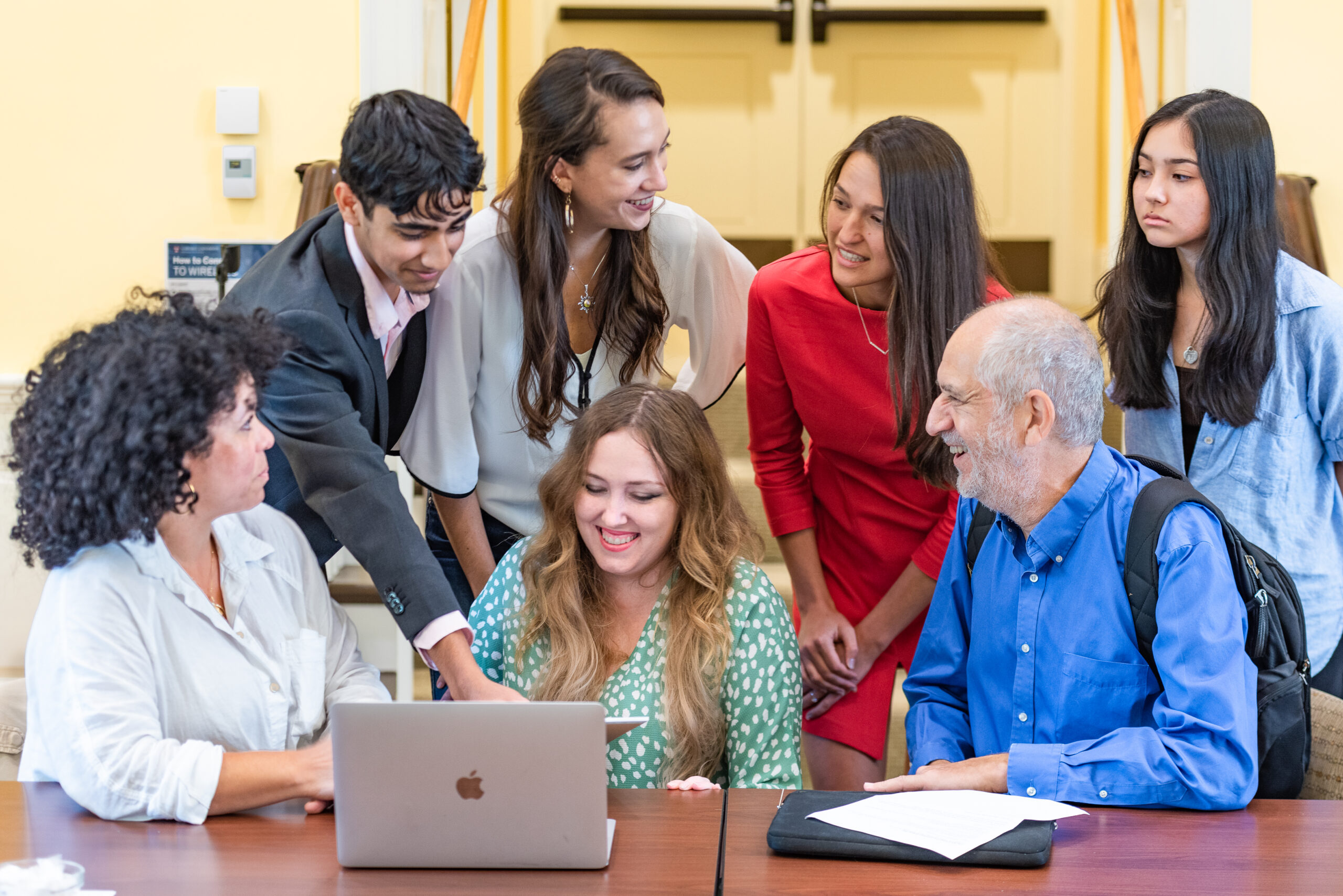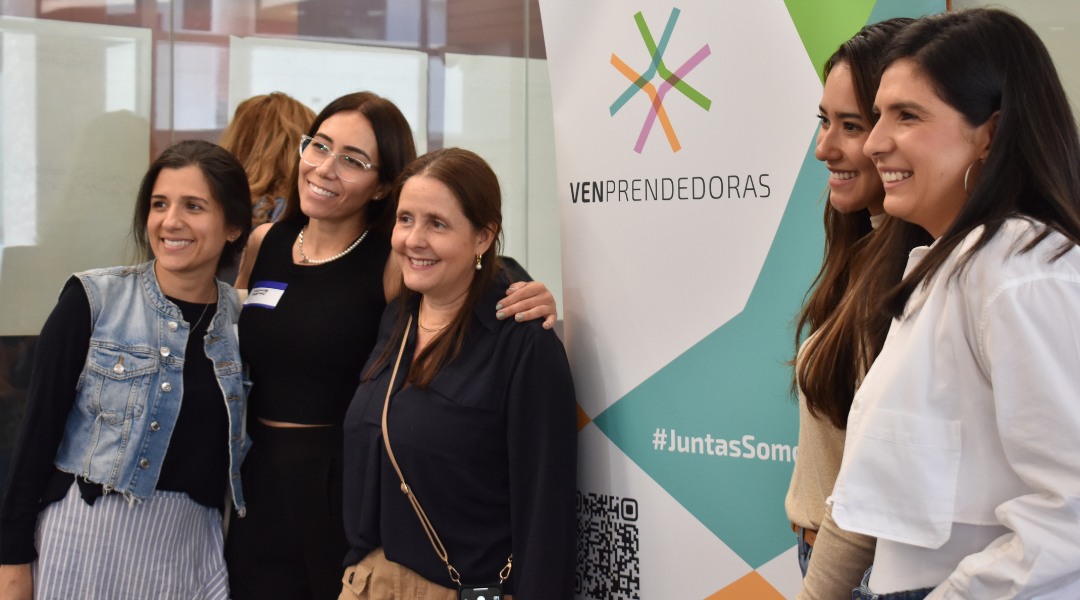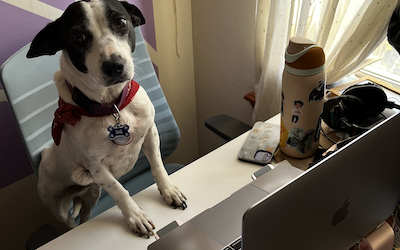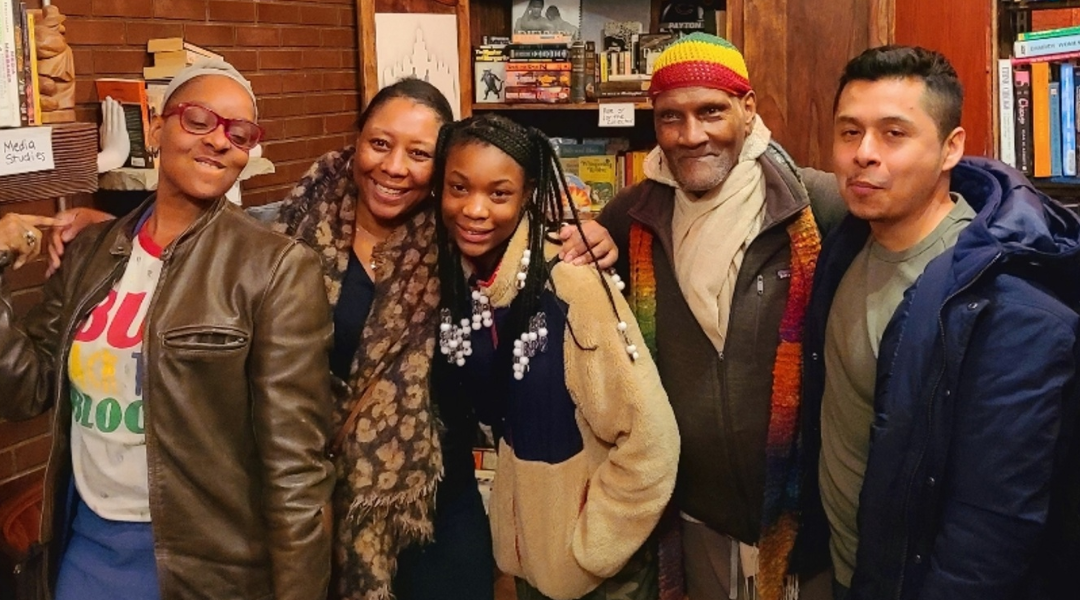
The Atlantic’s recent article, The New Old Age, marks a milestone for CoGenerate (formerly Encore.org), an indication of the uptake of ideas and language we’d been working to develop, implement and disseminate for more than a decade.
Written by David Brooks, the essay embraces the phrase “the encore years,” using the word “encore” (encore phase, encore programs, encore folks) throughout. I hope the article signals even wider adoption of “encore,” which captures and celebrates the possibilities of later life as a time marked by purpose, contribution, and growth.
The essay arrives at an important juncture. “The New Old Age” tells the story of the emergence of higher education programs, like Harvard’s Advanced Leadership Initiative and Stanford’s Distinguished Careers Institute, touting them as education for the encore stage of life. Could it be a sign that these midlife transition programs are approaching a level of maturity and critical mass?
For me, it’s an opportunity to reflect on this growing field and how we can move it forward. Here are three ideas.
 Blend education and practical experience. All too often, the experience of midlife students in the encore higher ed programs mirrors a problem faced by traditional college students: Shifting from the academic world to the world beyond campus is not easy, especially for those in the second half of life. Many midlife students re-up for another 6 to 12 months or try a second program as they consider how to make the leap.
Blend education and practical experience. All too often, the experience of midlife students in the encore higher ed programs mirrors a problem faced by traditional college students: Shifting from the academic world to the world beyond campus is not easy, especially for those in the second half of life. Many midlife students re-up for another 6 to 12 months or try a second program as they consider how to make the leap.
The missing piece is often practical experience. One innovator in this sphere, the University of Minnesota’s (currently-paused) UMAC initiative, included summer midternships to leaven the academic instruction.
The Atlantic article features Susan Nash, who spent a year applying interests honed at Stanford DCI with a hands-on Encore Fellowship at the City of San Jose’s Parks, Recreation, and Neighborhood Service Department. Nash essentially created a do-it-yourself “co-op education” model, a mix of education and experience that is the hallmark of pioneering undergraduate programs like those at Northeastern, Drexel, and Waterloo (in Canada).
Why not more consciously adapt this approach for all encore higher ed programs and students?
 Do more to age-integrate higher education. Most midlife transitions programs provide their students with a community of similarly-aged peers, navigating this important developmental, vocational, and often spiritual shift together. But there’s an equally significant element of the experience: connecting and collaborating with young people.
Do more to age-integrate higher education. Most midlife transitions programs provide their students with a community of similarly-aged peers, navigating this important developmental, vocational, and often spiritual shift together. But there’s an equally significant element of the experience: connecting and collaborating with young people.
It’s not an accident that these programs are all set in institutions historically devoted to the education and development of young people. That’s who the older students encounter in the course of daily life–in class, dining halls, and the gym. It is an indelible feature of the efforts, and many remain convinced it’s the most important feature.
But, despite the fact that we’re living in the most age-diverse society in human history, only a small percentage of traditional college-age students have the chance to interact with their older counterparts. Why not focus on age-integrating higher education in a big way, making campuses a central square for preparing older and younger generations to live and work together at our multigenerational moment?
 Make this new stage of education affordable. Most encore higher ed programs are expensive, putting them out of reach for even middle-class Americans. Some campuses, including the University of Colorado-Denver and the University of Minnesota, have devised lower-cost alternatives, and we need more to do the same. But a complementary route to accessibility is on the consumer side: Make it easier for midlifers to finance this next stage of education.
Make this new stage of education affordable. Most encore higher ed programs are expensive, putting them out of reach for even middle-class Americans. Some campuses, including the University of Colorado-Denver and the University of Minnesota, have devised lower-cost alternatives, and we need more to do the same. But a complementary route to accessibility is on the consumer side: Make it easier for midlifers to finance this next stage of education.
Years ago, I read reports of boomers tapping their children’s 529 accounts to fund their own educational aspirations, which prompted the idea for a tax-advantaged educational investment vehicle for the over-50 group. I’ll say it again: Let’s create Individual Purpose Accounts to underwrite education and service in the second half of life. IPAs to complement IRAs!
I remain convinced that we also need policy innovation to help older people go back to school. How about an early year of Social Security to help fund a year of later-life higher education? People in their 50s, for example, could collect a year of early Social Security checks to cover school and living costs, then pay it back later by delaying eligibility by a year.
I explored this idea more deeply five years ago in a paper on Social Security Innovation with Debra Whitman, AARP’s head of public policy (backed by research from the Urban Institute). It might well be worth considering, along with other policy measures aimed at democratizing and expanding higher education opportunities for many millions of aging Americans.
Such innovations could function for this population in ways the GI Bill did for returning soldiers, allowing older people to return to school en masse. Doing so wouldn’t just result in personal opportunity and a new pattern of education across a much longer life course. It would make a huge inroad in age-integrating higher education in a country that already has as many people over 60 as under 20.
On a Personal Note: A Tribute to Rosabeth Moss Kanter
I began this essay with some organizational reflections. I’d like to close with a personal one.
As a 24-year-old, I headed off to attend the Yale School of Management – not out of any burning interest in management, or for that matter any particular skill in the subject, but because an American cultural historian and sociologist who had written a brilliant book on utopian communities, Rosabeth Moss Kanter, was teaching there. What’s not to like for a liberal arts type like myself: study utopias and get an MBA!
Sadly, Kanter left after my first year to go to Harvard Business School, where she would teach for the next four decades, including editing Harvard Business Review. I did get to study with Kanter that first year of business school, and we’ve been in touch ever since.
When Rosabeth decided to create the Harvard ALI program in 2009, I had the chance to visit with her as she was thinking through the design (here’s her groundbreaking background paper, written with Rakesh Kohrana and Nitin Nohria, on a third stage of education).
Last year, as fate would have it, I was asked to be a co-designer and co-faculty director for a new encore higher education program at Yale, rooted at the Yale School of Management. I have to confess that part of the appeal in joining this effort was returning to where I’d first studied with Rosabeth Kanter, to help adapt the model she pioneered.
Along with the chance to provide encore education drawing on that great university’s unique strengths, Yale colleagues and I have been keen on building in cooperative education opportunities, cogenerational collaboration, and greater affordability. (In thinking about these designs, I’ve also been deeply influenced by Chip Conley’s work with the Modern Elder Academy.)
I’m not sure whether the end result at Yale will be utopian—or for that matter, whether the project will get the green light (market research is underway). But it has been a joy to try to channel Rosabeth’s remarkable spirit and insights, and to work on what could be a distinctive contribution to the growing encore higher education field.
Stay tuned for more on all these ideas!






 Blend education and practical experience. All too often, the experience of midlife students in the encore higher ed programs mirrors a problem faced by traditional college students: Shifting from the academic world to the world beyond campus is not easy, especially for those in the second half of life. Many midlife students re-up for another 6 to 12 months or try a second program as they consider how to make the leap.
Blend education and practical experience. All too often, the experience of midlife students in the encore higher ed programs mirrors a problem faced by traditional college students: Shifting from the academic world to the world beyond campus is not easy, especially for those in the second half of life. Many midlife students re-up for another 6 to 12 months or try a second program as they consider how to make the leap.  Do more to age-integrate higher education. Most midlife transitions programs provide their students with a community of similarly-aged peers, navigating this important developmental, vocational, and often spiritual shift together. But there’s an equally significant element of the experience: connecting and collaborating with young people.
Do more to age-integrate higher education. Most midlife transitions programs provide their students with a community of similarly-aged peers, navigating this important developmental, vocational, and often spiritual shift together. But there’s an equally significant element of the experience: connecting and collaborating with young people. Make this new stage of education affordable. Most encore higher ed programs are expensive, putting them out of reach for even middle-class Americans. Some campuses, including the University of Colorado-Denver and the University of Minnesota, have devised lower-cost alternatives, and we need more to do the same. But a complementary route to accessibility is on the consumer side: Make it easier for midlifers to finance this next stage of education.
Make this new stage of education affordable. Most encore higher ed programs are expensive, putting them out of reach for even middle-class Americans. Some campuses, including the University of Colorado-Denver and the University of Minnesota, have devised lower-cost alternatives, and we need more to do the same. But a complementary route to accessibility is on the consumer side: Make it easier for midlifers to finance this next stage of education.